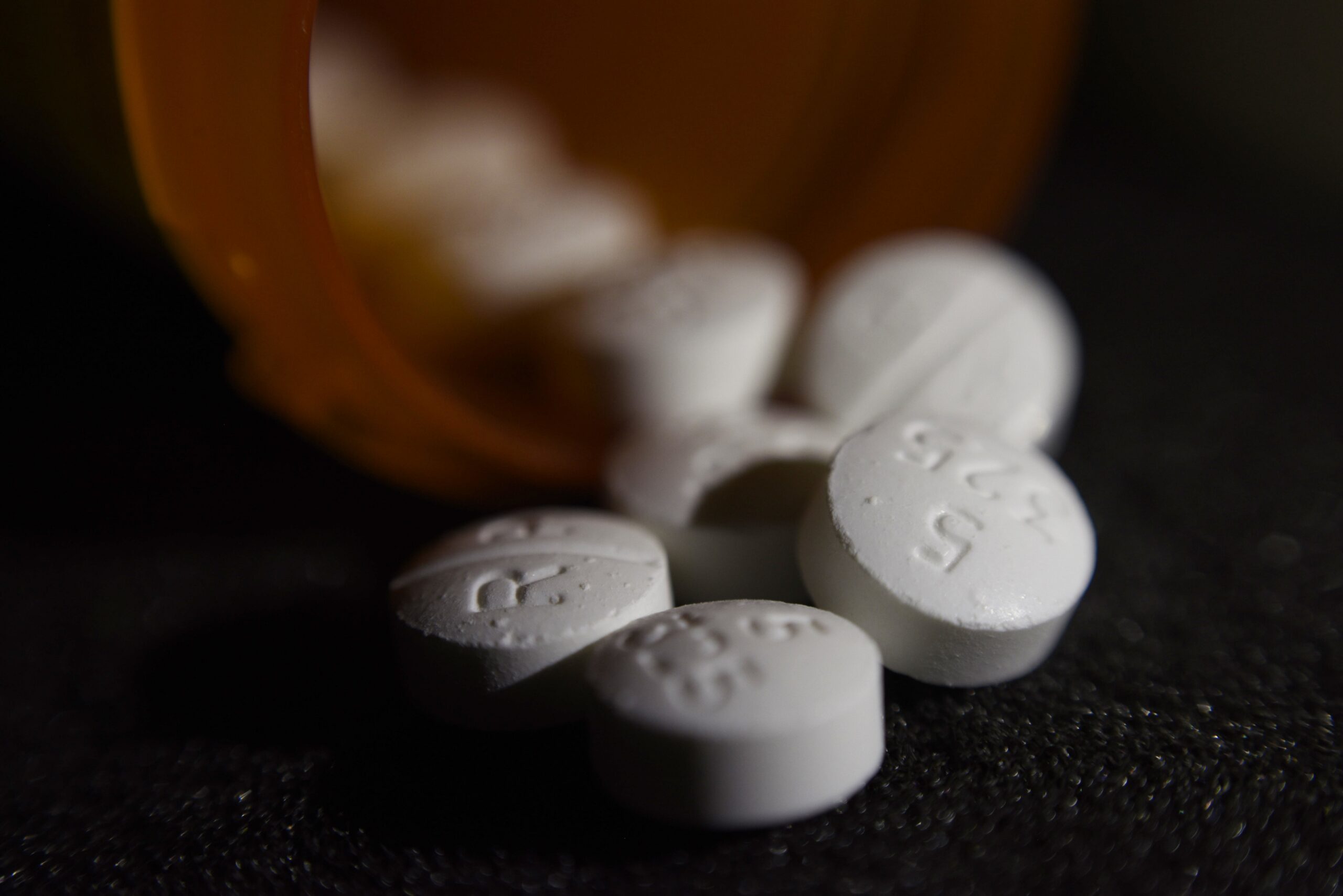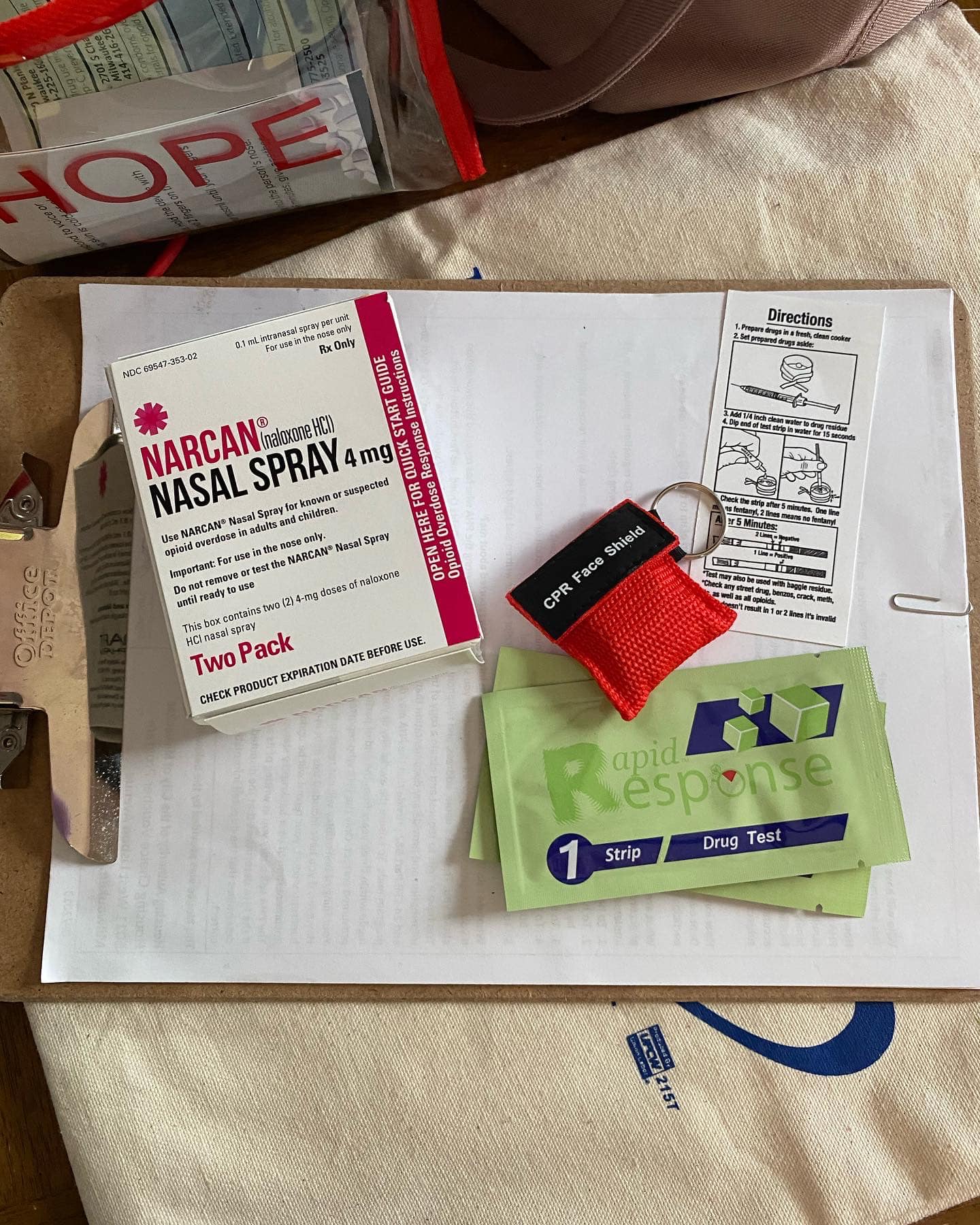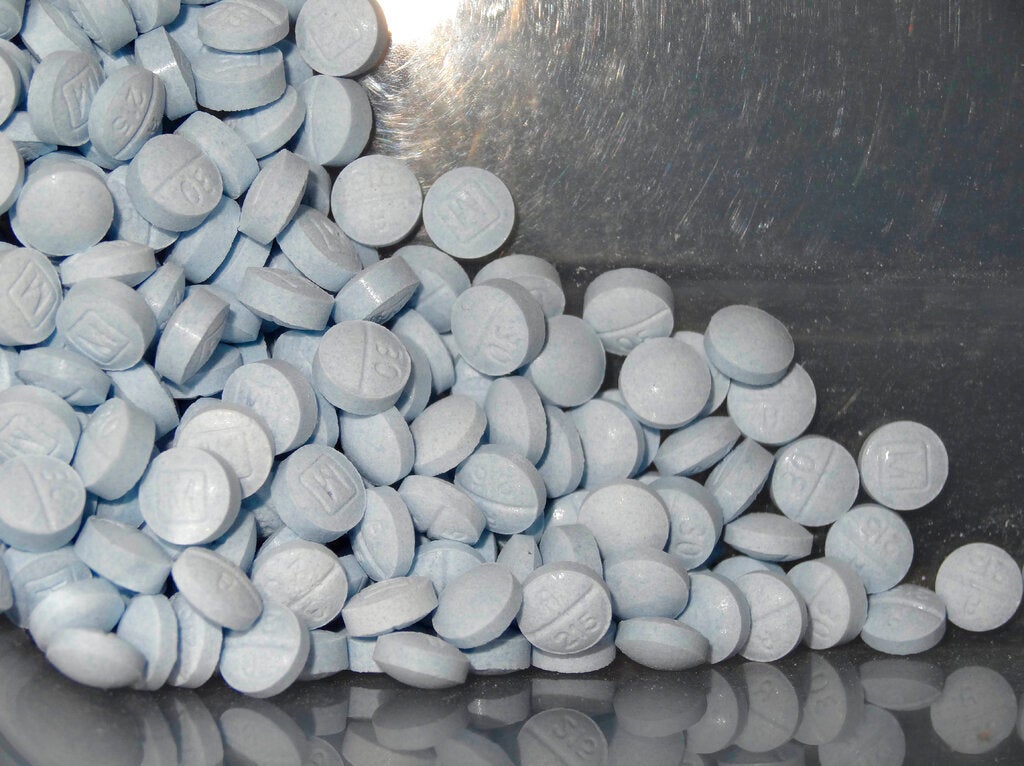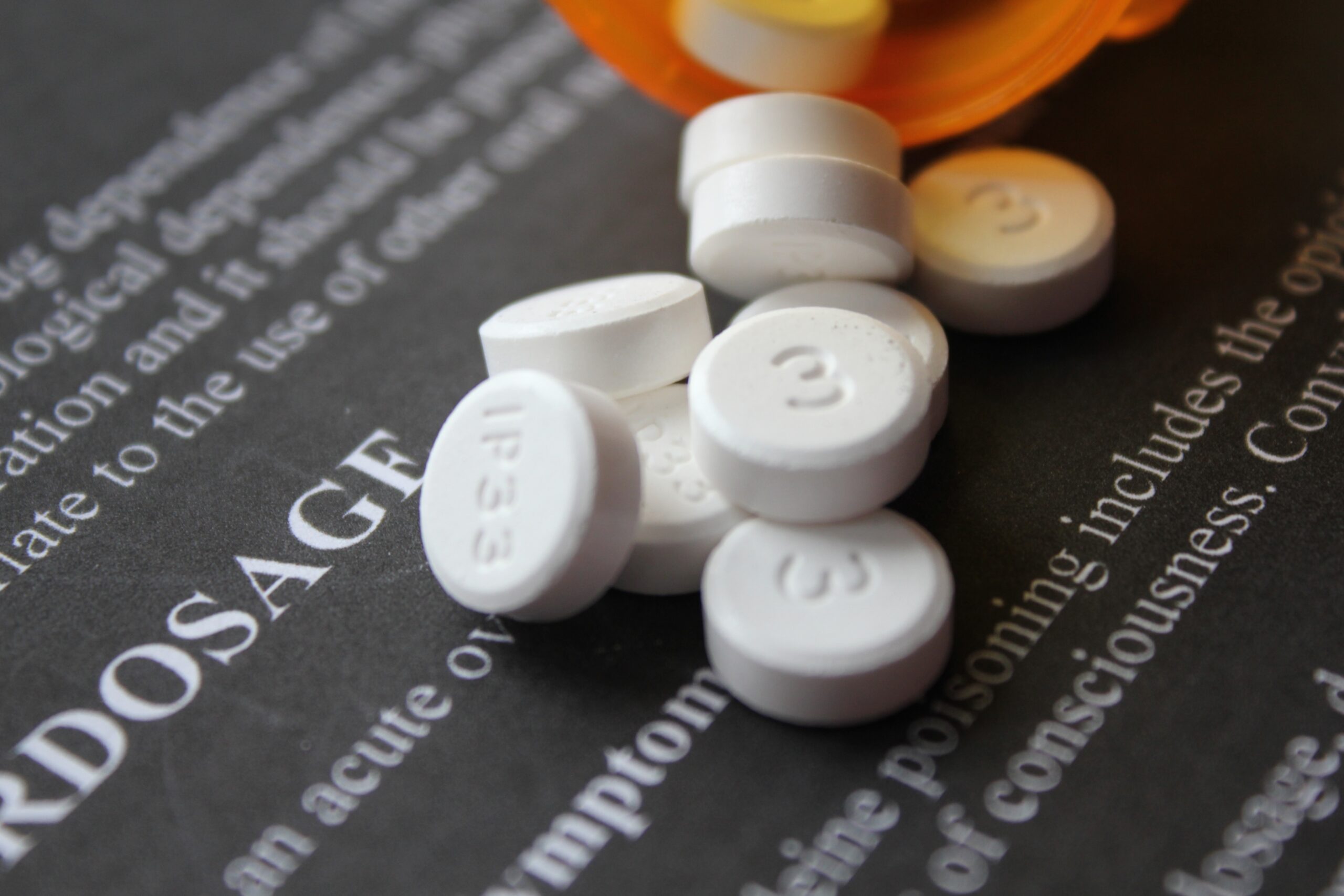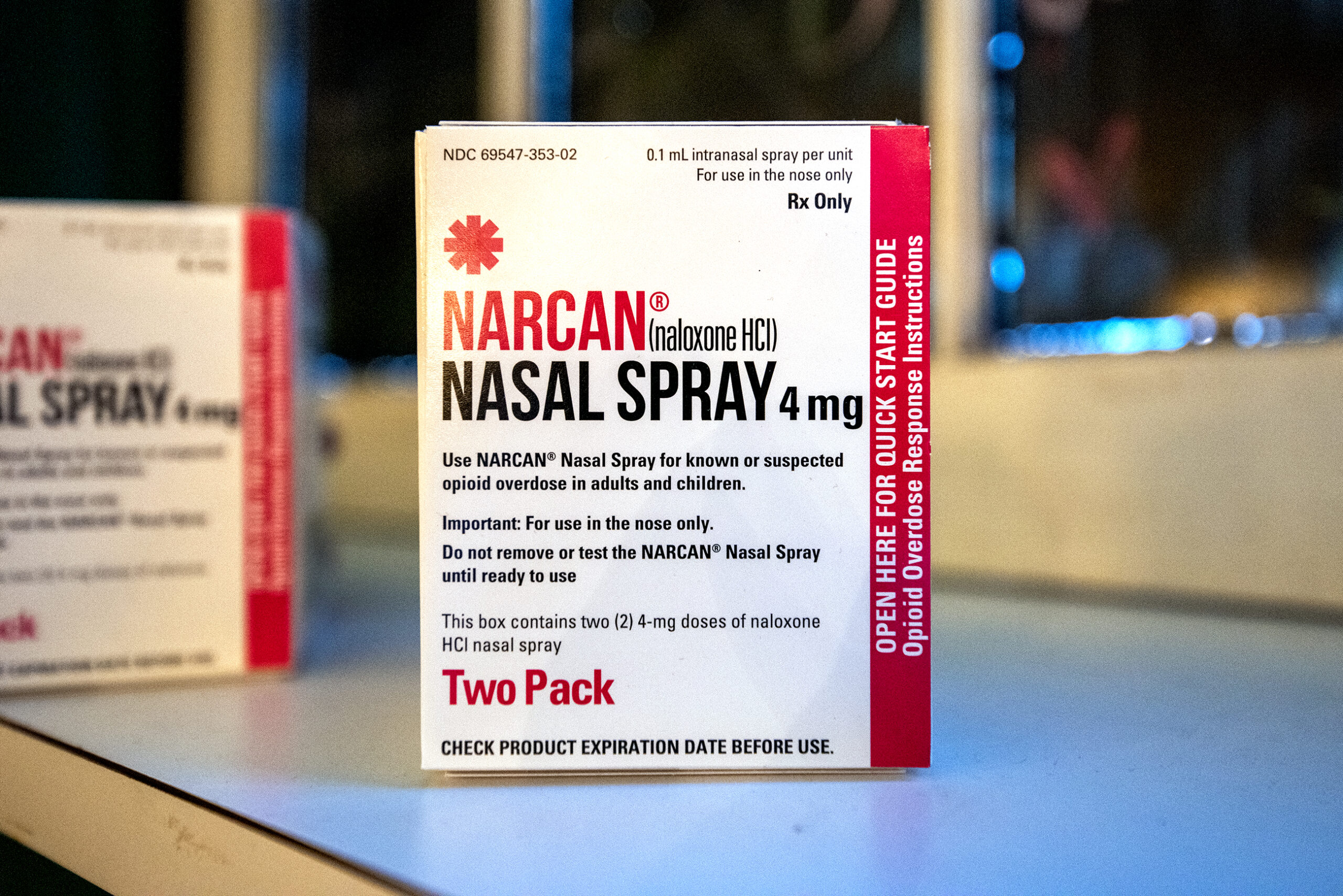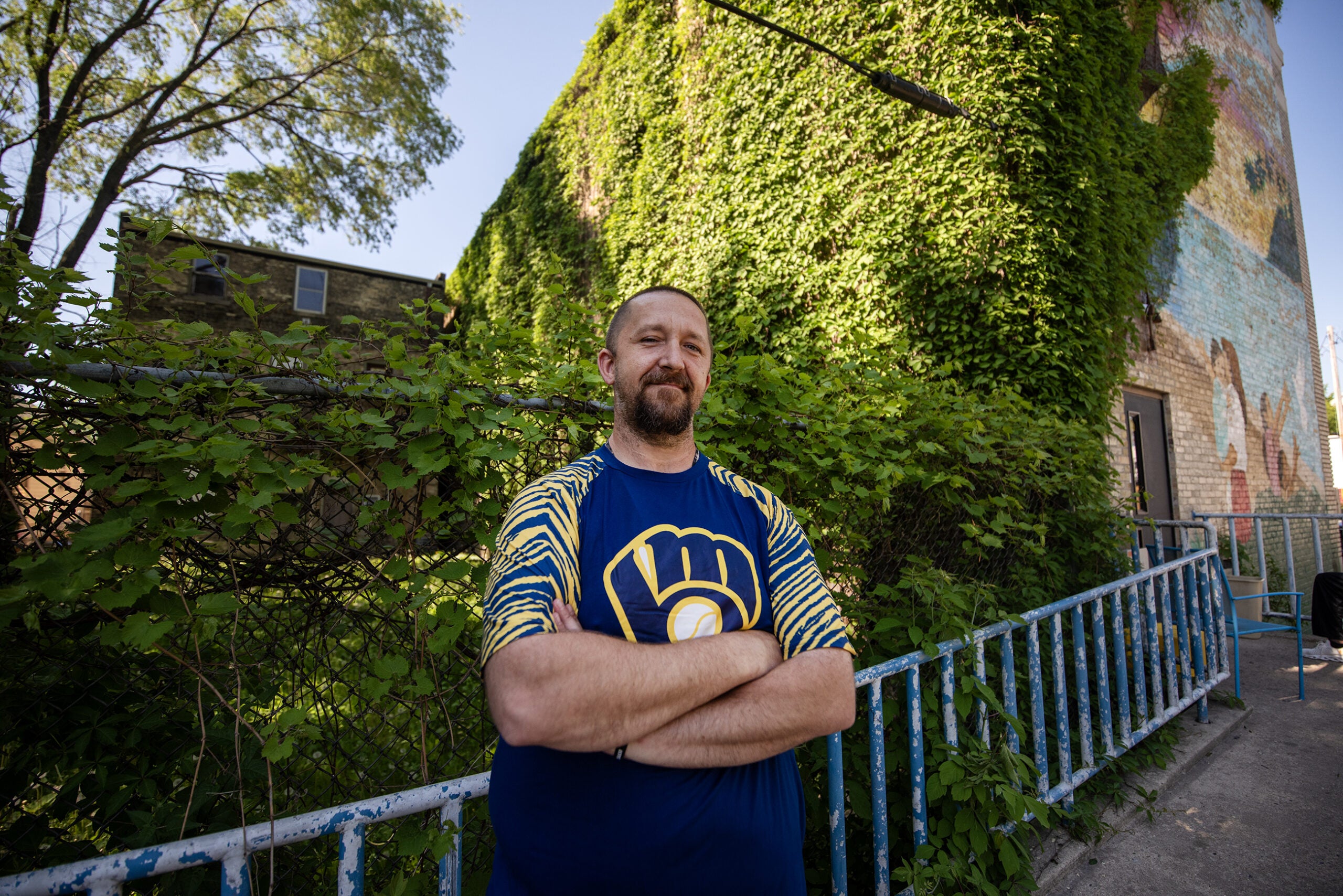The state has awarded 17 counties and four tribes around $2.4 million for opioid treatment. Wisconsin health officials say the long-term goal is to reduce the number of deaths and hospitalizations statewide.
The money comes from a two-year $15.2 million grant from the federal Substance Abuse and Mental Health Services Administration. Around 900 people received help through last year’s grants, said Paul Krupski, opioid initiatives director with the Wisconsin Department of Health Services.
He said this funding round aims to improve access to medication-assisted treatment.
Stay informed on the latest news
Sign up for WPR’s email newsletter.
“Medication-assisted treatment is an evidence-based approach to treat opioid use disorder, so making sure that’s available and it is available along with the counseling services, the recovery and peer support services … is super important to promoting long-term recovery,” he said.
County and tribal governments that received awards were ranked based on the number of overdoses, deaths or difficulties accessing treatment. Krupski hopes the funding will improve treatment options across the state and save lives.
Krupski said counties and tribes can use the money to provide treatment with medications like methadone, buprenorphine products and naltrexone.
“The long-term goal is seeing a reduction in opioid-related deaths. That’s something that unfortunately we continue to see an increase in the last several years,” he said.
Wisconsin saw a record 883 overdose deaths last year, according to the state.
Douglas County Health and Human Services received a $75,000 grant for opioid treatment.
Douglas County Health and Human Services Deputy Director Dave Longsdorf said the county plans to use the funds for opioid detox, inpatient treatment and medication-assisted treatment. Longsdorf said they’ll work with the Lake Superior Community Health Center in Superior to offer Suboxone, a buprenorphine product that reduces symptoms of addiction and withdrawal.
“We will have a small amount set aside to assist people in paying for it if they meet income eligibility standards,” he said. “However, medical assistance and private insurance will typically pay for that.”
He said the county may provide case management or fund transportation costs in order to improve access to medication-assisted treatment. In addition, Longsdorf said the money could potentially fund inpatient treatment for 17 people at residential care facilities for up to 30 days.
“Consumers that are at those programs receive one-on-one counseling. They receive group counseling. They kind of navigate support groups that are available, and they really spend that entire time working on getting through at least the early stages of their addiction,” said Longsdorf.
Longsdorf said the county has long struggled to overcome barriers to inpatient treatment, including a lack of coverage under medical assistance. He said medical assistance is often not accepted for outpatient services as well. He noted nearby Minnesota providers tend to offer services to their residents because of Wisconsin’s lower Medicaid reimbursement rate.
Wisconsin’s reimbursement rate prompted the Human Development Center (HDC) in Douglas County to end its substance abuse and behavioral health services at the end of last year and migrate those services to the Lake Superior Community Health Center in Superior, according to Betsy Byler, director of outpatient, behavioral health and substance abuse services with the Lake Superior Community Health Center. The Wisconsin Department of Health Services raised reimbursement rates for mental health and substance abuse disorder services this year, but the increase fell short of covering costs that would allow providers like HDC to continue offering those services.
Byler said they’ve been able to continue behavioral health and substance abuse services at the Lake Superior Community Health Center, which takes advantage of an enhanced Medicaid reimbursement rate. The move has meant a more robust service offering for clients at the center that includes access to medication-assisted treatment.
“This area, in terms of Douglas County, has been really underserved in that area so it’s a really big deal to have this program in general,” she said. “In the past, clients have had to travel to Ashland or into Minnesota past Duluth down towards the cities or Brainerd in order to get medication to help with their recovery for opioid addiction.”
St. Croix, Brown, Dane and La Crosse counties are among other governments that received grants. In addition, the Bad River and Lac du Flambeau tribes along with the Ho-Chunk Nation and Stockbridge-Munsee Band of Mohican Indians also received funding for opioid treatment.
Wisconsin Public Radio, © Copyright 2024, Board of Regents of the University of Wisconsin System and Wisconsin Educational Communications Board.

